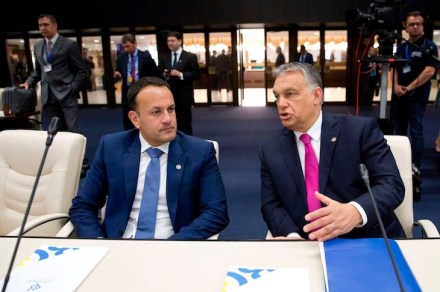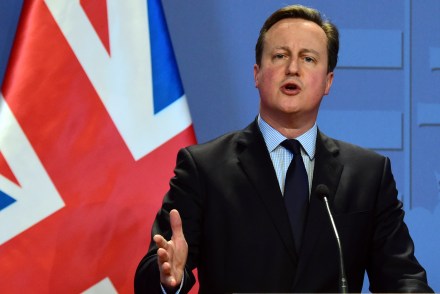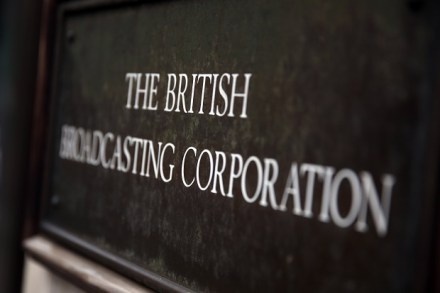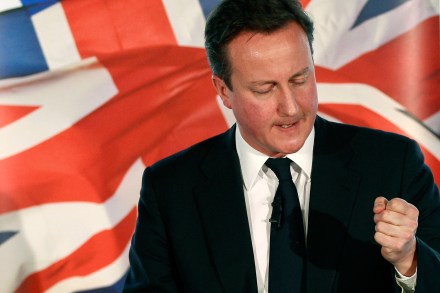Gisborough Priory
Gisborough Priory was founded in 1119, although the gothic chunks which remain of it today — including the grimly magnificent east end — date largely from the 13th century. A fire had destroyed much of the original building. It has great antiquity, then, nestled on the northern edge of the North York Moors in the market town of Guisborough, within spitting distance of (still, just about) industrial Teesside. The place has always had a certain resonance for me, not least because it adjoins the graveyard of St Nicholas Church, which was an important venue for somewhat brusque and pragmatic courtships when I was an early teen. Late at night, in














